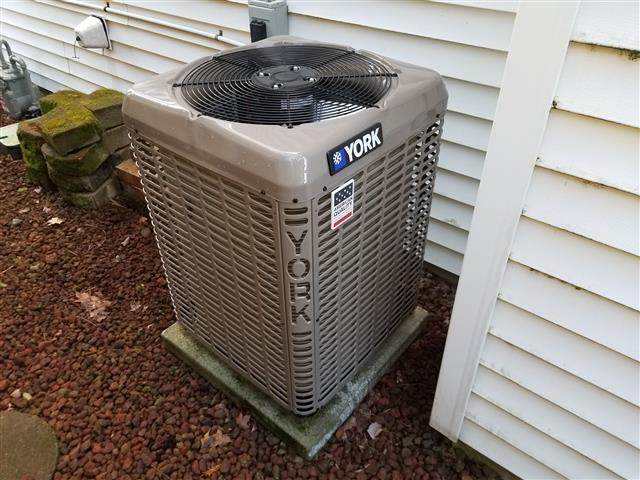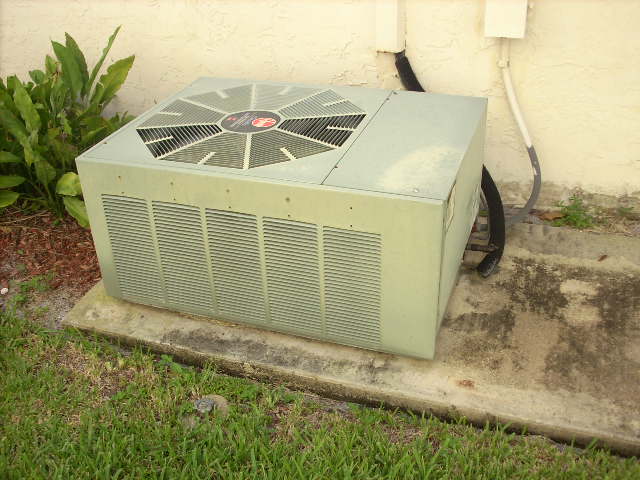In the realm of air conditioning systems, efficiency is paramount. Not only does it affect your comfort levels, but it also impacts your energy bills and environmental footprint. One crucial metric to understand in this regard is SEER ratings. SEER, which stands for Seasonal Energy Efficiency Ratio, is a measurement of an air conditioner’s efficiency over an entire cooling season. But what exactly do these ratings mean for you and your cooling system? Let’s delve into the intricacies of SEER ratings to grasp their significance better.
What is SEER?
SEER is a standard measurement developed to help consumers assess the efficiency of air conditioning units. It represents the ratio of cooling output (measured in BTUs) to energy input (measured in watt-hours) over a typical cooling season. The higher the SEER rating, the more efficient the air conditioner is considered to be. This efficiency translates into lower energy consumption and reduced operating costs.
Importance of SEER Ratings
Understanding SEER ratings is crucial for several reasons:
1. Energy Savings
A higher SEER rating means that the air conditioner can provide the same level of cooling while consuming less energy. This leads to significant savings on your utility bills, especially during the peak cooling months.
2. Environmental Impact
Reduced energy consumption not only saves you money but also benefits the environment by lowering greenhouse gas emissions. Choosing an air conditioner with a higher SEER rating contributes to sustainability efforts and reduces your carbon footprint.
3. Long-term Cost Efficiency
While air conditioners with higher SEER ratings may have a higher upfront cost, they often prove to be more cost-effective in the long run. The energy savings accrued over the lifespan of the unit can outweigh the initial investment, making it a financially prudent choice.
4. Regulatory Compliance
Many regions have regulations in place that mandate minimum SEER ratings for new air conditioning installations. Understanding SEER ratings ensures compliance with these regulations and helps you make informed decisions when purchasing or upgrading your cooling system.
Factors Influencing SEER Ratings
Several factors influence the SEER rating of an air conditioning unit:
1. Equipment Efficiency
The design and engineering of the air conditioner play a significant role in determining its SEER rating. Advanced technologies such as variable-speed compressors and high-efficiency coils can enhance efficiency and contribute to higher SEER ratings.
2. Installation Quality
Proper installation is crucial for optimizing the performance and efficiency of an air conditioner. Improper sizing, ductwork issues, and inadequate insulation can undermine the unit’s efficiency, resulting in lower SEER ratings than expected.
3. Maintenance Practices
Regular maintenance is essential for preserving the efficiency of an air conditioning system over time. Neglecting tasks such as filter replacement, coil cleaning, and refrigerant checks can cause the SEER rating to decline gradually.

Choosing the Right SEER Rating
When selecting an air conditioner for your home or business, it’s essential to strike a balance between efficiency and cost. Consider the following factors:
1. Climate
The climate of your region influences the optimal SEER rating for your air conditioner. Hotter climates may benefit from higher SEER ratings to maximize energy savings, while milder climates may suffice with lower SEER ratings.
2. Usage Patterns
Evaluate your cooling needs and usage patterns to determine the appropriate SEER rating for your air conditioner. Factors such as occupancy levels, usage hours, and cooling preferences can help tailor your selection.
3. Budget
While higher SEER ratings offer greater efficiency, they often come with a higher price tag. Assess your budget constraints and weigh the long-term savings against the upfront costs to find the right balance for your financial situation. If you’re searching for a reliable air conditioning service near me, come and check their page to learn more.
Conclusion
SEER ratings play a crucial role in assessing the efficiency and performance of air conditioning systems. By understanding SEER ratings and their implications, consumers can make informed decisions that align with their energy-saving goals, budgetary considerations, and environmental values. Whether you’re purchasing a new air conditioner or optimizing an existing one, prioritizing efficiency through higher SEER ratings can lead to substantial benefits in terms of energy savings, comfort, and environmental sustainability.


